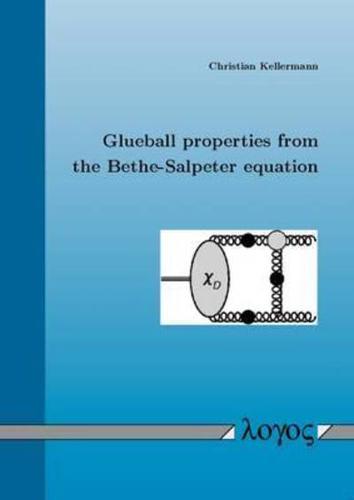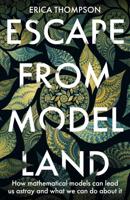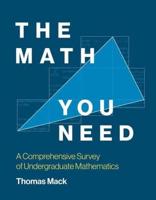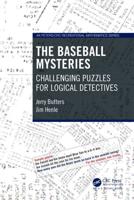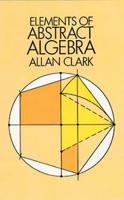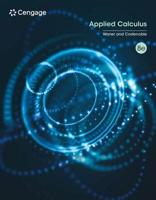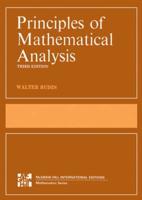Publisher's Synopsis
For over thirty years bound states of gluons are an outstanding problem of both theoretical and experimental physics. Being predicted by Quantum-Chromodynamics their experimental confirmation is one of the foremost goals of large experimental facilities currently under construction like FAIR in Darmstadt. This thesis presents a novel approach to the theoretical determination of physical properties of bound states of two gluons, called glueballs. It uses the consistent combination of Schwinger-Dyson equations for gluons and ghosts and appropriate Bethe-Salpeter equations describing their corresponding bound-states. A rigorous derivation of both sets of equations, starting from an 2PI effective action is given as well as a general determination of appropriate decompositions of Bethe-Salpeter amplitudes to a given set of quantum numbers of a glueball. As an application example bound state masses of glueballs in a simple truncation scheme are calculated.
